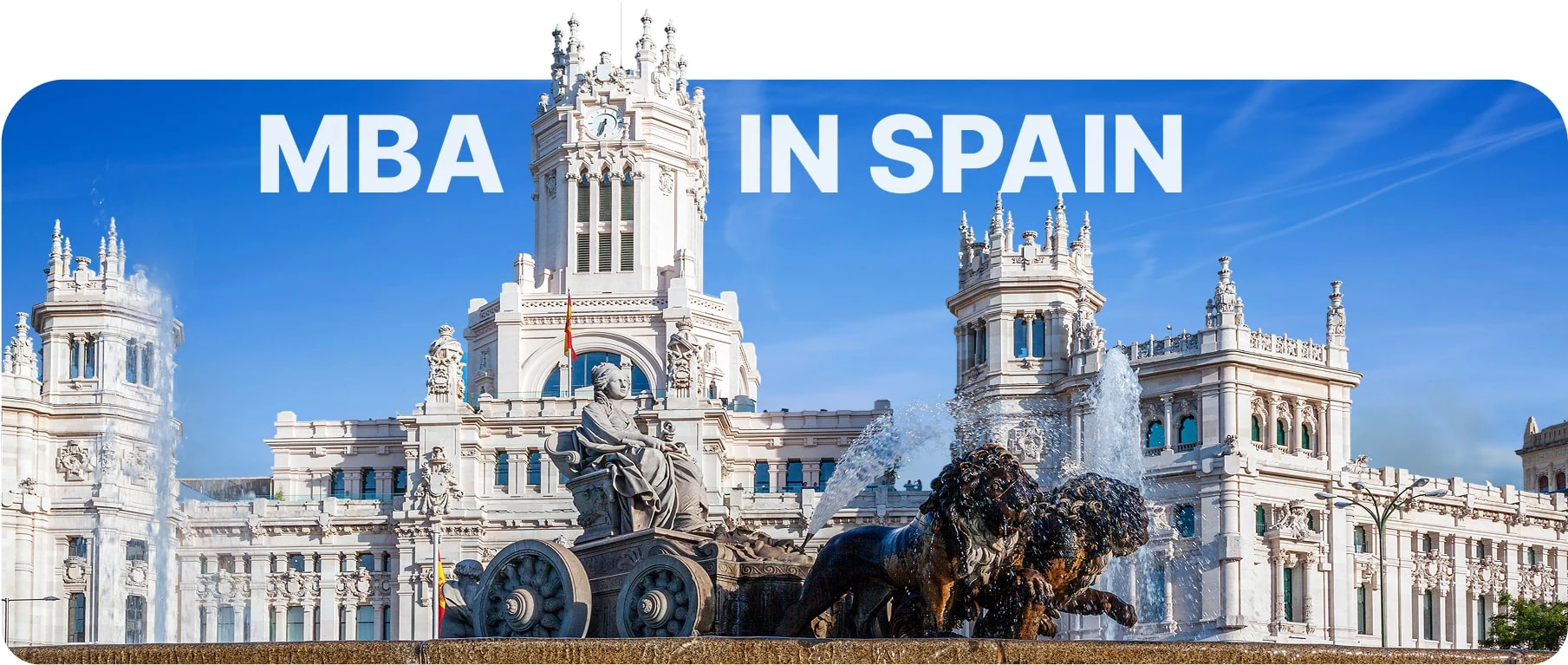Student life in Spain is diverse, with a strong emphasis on academics, personal growth, and social activities. Universities offer robust support networks to help international students settle into both their academic and social environments, ensuring a smooth transition to studying in Spain.
Work-Study Balance
International students in Spain can work up to 20 hours per week during term time and full-time during holidays. MBA students often take on internships or part-time roles to gain industry exposure and supplement their living expenses while studying in Spain.
Accommodation Options
Students can choose from university residences, shared flats, or private rentals. MBA students often prefer shared apartments in city centers for convenience and networking. Spain offers affordable housing options with a wide range of amenities.
Cultural and Social Exposure
Spain’s rich history and vibrant lifestyle provide endless cultural experiences. From tapas nights and flamenco shows to hiking trips and football matches, students enjoy an active social calendar while studying in Spain.
Student Blogs & Vlogs
Many international students in Spain document their MBA journey through blogs and vlogs. These offer valuable insights into classroom culture, daily routines, housing, and travel tips—helping new students prepare for life in Spain.











